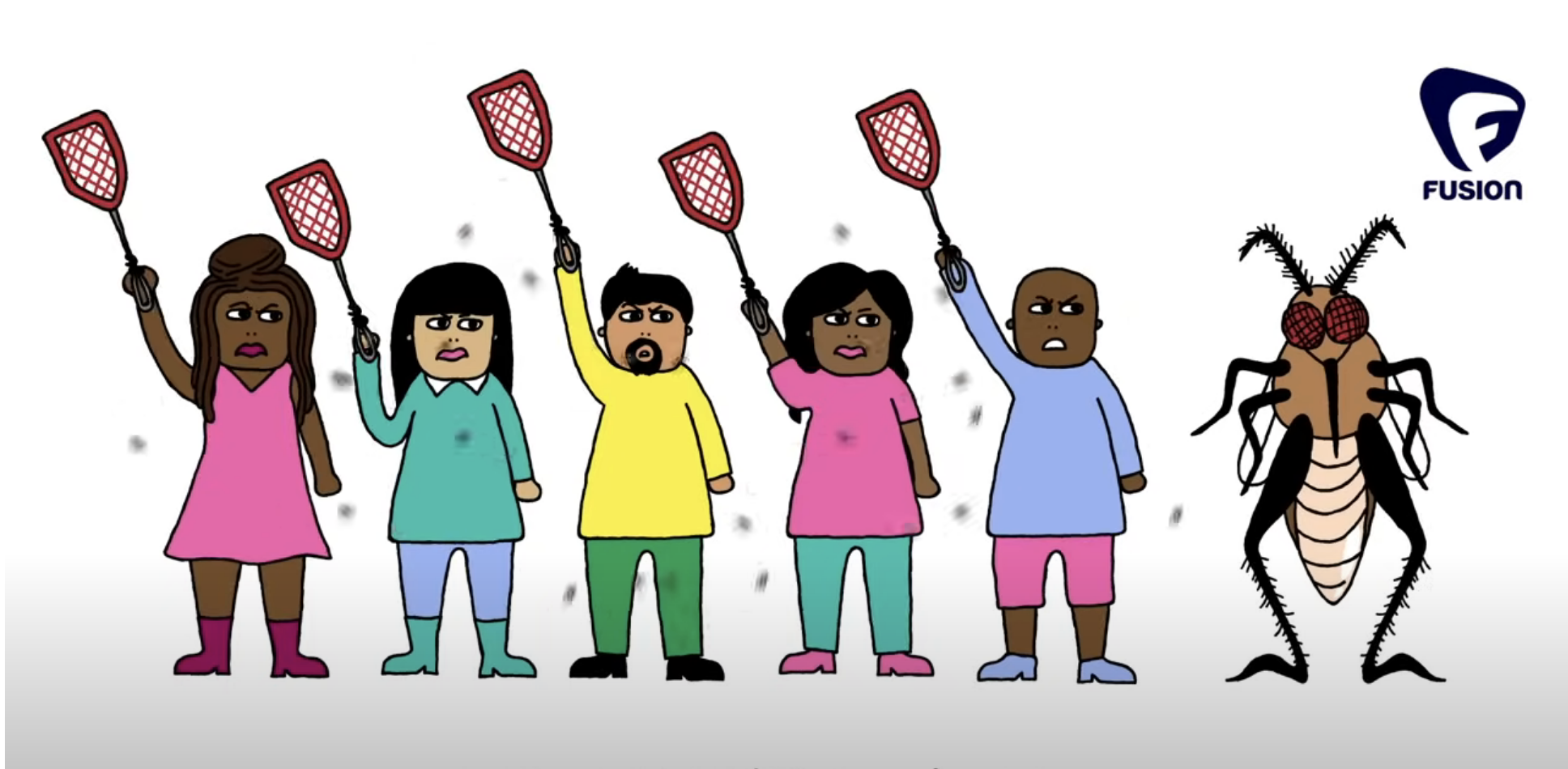‘I have always been critical about leadership, but in general I have a positive opinion of WUR’s performance’. These words come from Jacqueline Schoone, who was appointed in autumn 2021 to set up and develop the new function of neutral ombudsperson at WUR (as agreed in the collective labour agreement). Now that the position and the associated procedures are firmly established, she is handing over the baton to Joke Genee.
You say that in general you have a positive opinion of WUR’s performance. Can you explain that?
‘WUR as an organization functions quite well. You don’t have that attitude of keeping tabs on the Executive Board that I sometimes see elsewhere [rolls her eyes]: “What on earth is the Board going to do next?” I don’t sense that distrust here. People in Wageningen are also good at keeping to their assigned roles. The Executive Board is sufficiently hands off in how it does its job: the members don’t have a tendency to interfere in everything or micromanage. They have delegated a lot of tasks to the managing directors, who in turn delegate to the chair holders. Unlike in many other universities, chair holder is a serious position, not just some chore. The disadvantage is that people aren’t keen to give up that position once they have it, even if there is good reason for them to do so. Hence my recommendation to put a limit on the time in that position.’ (Resource will discuss that in more detail in a future article, ed.)
In the annual report, you mention that leadership is a factor in many of the reported incidents, which makes it a problem. But you also write: ‘The trick is not to fall in the trap of generic policy’. Does WUR tend towards policy that’s purely for show?
‘Chair holders and department heads have a lot of impact on the culture and atmosphere. There comes a point where the organization knows where the problems are: the hotspots with poor personal safety and a high risk of transgressive behaviour. Generic measures don’t make sense then. Ater all, most managers at WUR are doing what they should. You need to intervene where that is necessary. What I am saying to the directors is: tackle the problem situations. Don’t merely pay lip service to the notion that leadership qualities are just as important as someone’s scientific achievements; show you mean it with your actions, even when the person involved is a hotshot.’
According to your annual report, the care Wageningen provides for students deserves a compliment. What is so good about it?
‘Very few of the reports I get from students are about things that have constantly and repeatedly gone wrong. At many other universities, especially the really big ones, students can get ground down by the bureaucracy or they don’t understand the decisions that are taken about them. I don’t see that much here. Students generally feel acknowledged. Students also tend to have a strong relationship with their team of helpers, such as the study advisers, counsellors and student psychologists. It could be that WUR invests more money in this than the average institution — I don’t know the financial figures. But it’s a worthwhile investment. Should anyone ever suggest making cuts in this area, I would advise WUR to think very hard before doing so. Be aware of what you’d lose!’
You also note that PhD candidates are becoming less wary and are more like to report incidents than in the past. What makes you conclude that?
‘Of course, I hope it’s because they have more confidence in the system in place to help them, and are less afraid a report will have a negative effect on their academic career. I also think it’s a generational thing. Young people are much more aware of how they want to live their lives and how not. They don’t want to develop protective armour against transgressive behaviour; they simply won’t stand for it any longer.’
Is the lower tolerance threshold one of the reasons why you call for better protection for people who have been accused of a transgression in your annual report?
‘No, that is a separate issue. Everyone agrees you should provide proper support for anyone who reports an incident. But the person who has been accused shouldn’t be forgotten either. To be subject to an investigation following a report can be pretty distressing, even if it’s about your department or group rather than you personally. The fear the person reporting feels — “I hope this doesn’t damage me in some way” — is also felt by the person who has been accused. They are afraid they will be thrown to the wolves and fear an outcome that would be unjust in their eyes. I have seen people really suffer from this. It is a dilemma: how to you do justice to the person accused and still make sure the person reporting feels safe? I’m still learning here myself. But I do think you need to be alert to this issue as an institution. Not just when the report is made or when handling the report but also for some time afterwards, as the need for aftercare may only arise later. An external point of contact for accused people would ensure more meticulous, well-balanced procedures.’
Why do you attach so much importance to this?
‘Because this is what was agreed. The code of conduct clearly states that WUR offers care both to the person reporting and the person who is accused of the transgression. What is more, no one benefits if the accused feels like an outcast or scapegoat. On the contrary, if the accused is treated roughly, that only makes personal safety worse.’
Given that context, what do you think of the rather alarming story about former Radboud rector Han van Krieken?* (see inset) Could something like that happen at WUR?
‘You mean the recent interview with Van Krieken in the Volkskrant newspaper about what actually happened? If that story is true, I think we can agree that case was not handled well. It would seem perception was deemed more important than the facts, although you could say his remarks were at the very least “clumsy”, even in 2017. How to weigh up the facts against the perception is a known dilemma, one we discussed at length when compiling WUR’s code of conduct. In my view, perception takes priority when deciding whether the incident qualifies as transgressive behaviour. The person reporting decides where their boundary lies. But when you look at what the consequences should be, it is what actually happened that matters. You need to know what the facts are to assess the behaviour against the code of conduct, for example, or labour law. A formal investigation into an individual person is also quite burdensome and not something you should undertake lightly, as the government commissioner Hamer also says. But sometimes you simply need to determine the facts. In my time at WUR, I recommended doing an investigation of the facts on several occasions, and sometimes it turned out certain allegations were not supported by the facts. That doesn’t mean the report was false, but it does mean there is insufficient evidence something actually happened in that particular sense, and there are therefore no grounds for imposing sanctions.’
*Han van Krieken was rector magnificus at Radboud University. Last year, he stepped down after revelations that a complaint made against him years earlier for sexually transgressive behaviour had been upheld — and the university had deliberately kept this quiet. Later, it turned out he had made two ‘sexually intimidating’ remarks, where it was not clear exactly what he had said and in what context. It now turns out the remarks were ambiguous: they could be interpreted in two ways, one of which was sexual. According to Van Krieken, the sexual meaning was unintended. He reflects on the incident in the recent Volkskrant interview (behind a paywall). This (freely available) interview in university magazine Vox also sheds light on the affair.

 Photo Guy Ackermans
Photo Guy Ackermans 

